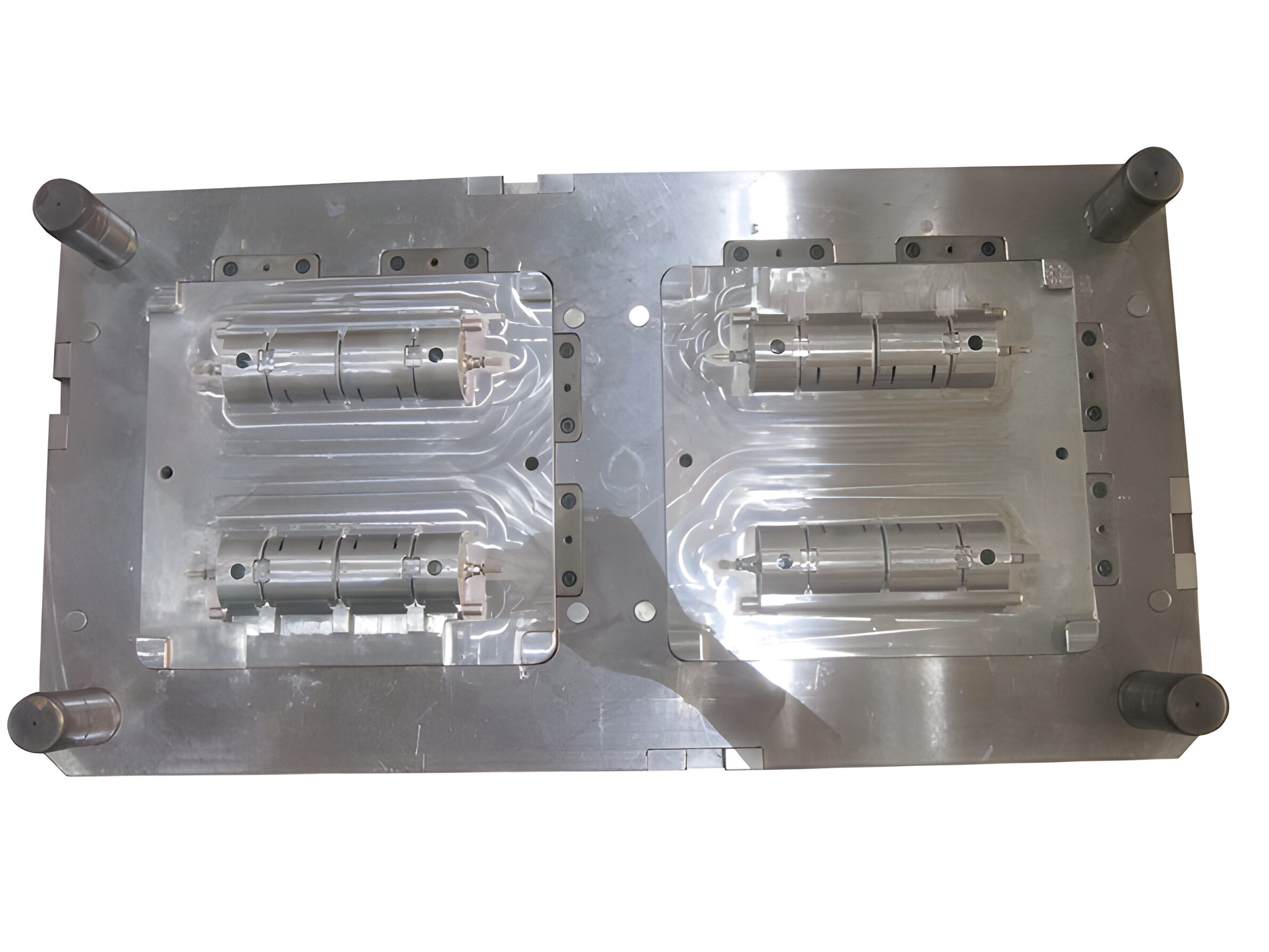News
Site Editor
 Site
https://aaamould.usa02.wondercdn.com/uploads/image/6683a2be2307e.png
The automotive industry demands precision, reliability, and high-volume production. Choosing the right injection molding supplier is therefore paramount to success. This isn't simply about finding
Site
https://aaamould.usa02.wondercdn.com/uploads/image/6683a2be2307e.png
The automotive industry demands precision, reliability, and high-volume production. Choosing the right injection molding supplier is therefore paramount to success. This isn't simply about finding
Finding the Right Injection Molding Supplier for the Automotive Industry
Views: 1220
Author: Site Editor
Publish Time: 2025-03-12
Origin: Site
The automotive industry demands precision, reliability, and high-volume production. Choosing the right injection molding supplier is therefore paramount to success. This isn't simply about finding a company that can produce parts; it's about finding a strategic partner capable of meeting the stringent quality, safety, and regulatory requirements of the sector. This article delves into the critical factors to consider when selecting an injection molding supplier for automotive applications, offering practical advice and valuable insights to guide your decision-making process.
Understanding the Automotive Industry's Unique Demands
The automotive landscape is characterized by intense competition, ever-evolving technologies, and uncompromising safety standards. Injection molded components, from interior trims and exterior housings to complex engine parts and safety-critical systems, play a crucial role. Suppliers must demonstrate competence across several key areas:
-
Material Expertise: Automotive applications utilize a wide range of materials, including various grades of engineering plastics, elastomers, and even metal-filled polymers. Your supplier must have a deep understanding of material properties and their suitability for specific applications, considering factors such as temperature resistance, chemical resistance, and impact strength.
-
Precision and Tolerance: Automotive parts require extremely tight tolerances. Deviations can affect functionality, aesthetics, and even safety. Suppliers must demonstrate capabilities in achieving and maintaining the required precision throughout the production process.
-
Quality Control and Assurance: Stringent quality control is non-negotiable. Suppliers should adhere to industry standards like ISO 9001, IATF 16949, and potentially others specific to your region. Robust quality assurance protocols, including statistical process control (SPC) and regular audits, are essential.
-
High-Volume Production Capabilities: Automotive manufacturers often require large quantities of parts. Your supplier must possess the production capacity and efficient processes to meet these demands while maintaining quality and consistency.
-
Supply Chain Management: Reliable and timely delivery is vital. A dependable supplier will have robust supply chain management systems in place to ensure consistent material availability and on-time delivery.
-
Regulatory Compliance: The automotive industry is heavily regulated. Your supplier must be compliant with all relevant safety and environmental regulations, including those pertaining to material usage, waste disposal, and emissions.
Evaluating Potential Suppliers: A Multi-Dimensional Approach
Selecting an injection molding supplier requires a thorough and multifaceted evaluation. Here's a framework to guide your assessment:
1. Assessing Technical Capabilities
Go beyond marketing materials. Request detailed information about the supplier's equipment, processes, and experience with similar automotive applications. Inquire about:
-
Machine Capacity and Types: Understand the types and size of injection molding machines available, ensuring they are suitable for your parts' size and complexity.
-
Secondary Operations Capabilities: Many automotive parts require secondary operations like assembly, painting, or finishing. Assess whether the supplier can perform these in-house or has reliable partnerships for outsourcing.
-
Mold Design and Manufacturing Expertise: The quality of the mold directly impacts part quality. Evaluate the supplier's mold design and manufacturing capabilities, looking for evidence of experience with complex molds and specialized materials.
-
Prototyping Capabilities: A strong prototyping process allows for early detection and correction of design flaws. Confirm the supplier's capabilities in rapid prototyping.
2. Evaluating Quality Systems and Certifications
Verify the supplier's commitment to quality through:
-
Certifications: Check for relevant certifications such as ISO 9001 and IATF 16949. These demonstrate adherence to international quality standards specific to the automotive industry.
-
Quality Control Processes: Request details on the supplier's quality control procedures, including inspection methods, testing protocols, and corrective actions. Look for evidence of data-driven decision-making and continuous improvement.
-
Traceability and Documentation: Ensure the supplier maintains robust traceability systems to track materials and parts throughout the entire process. Thorough documentation is essential for compliance and troubleshooting.
3. Assessing Business Practices and Reliability
Beyond technical competence, consider:
-
Financial Stability: Assess the supplier's financial health to minimize risks associated with potential disruptions or bankruptcy.
-
Communication and Collaboration: Effective communication is key. Choose a supplier that is responsive, proactive, and collaborative throughout the project lifecycle.
-
Capacity and Scalability: Ensure the supplier has the capacity to meet your current needs and the potential to scale production to meet future demands.
-
Location and Logistics: Consider the supplier's location and its impact on transportation costs and lead times.
-
Customer References: Seek references and contact other automotive manufacturers who have used the supplier's services.
Negotiating and Managing the Relationship
Once you've identified a suitable supplier, carefully negotiate the terms and conditions of your agreement. This should include:
-
Pricing and Payment Terms: Clearly define pricing structures, payment schedules, and any potential penalties for late delivery or quality issues.
-
Intellectual Property Protection: Ensure adequate protection of your designs and intellectual property.
-
Contractual Obligations: The contract should clearly outline the responsibilities of both parties and include mechanisms for dispute resolution.
-
Performance Metrics: Define key performance indicators (KPIs) to track the supplier's performance against agreed-upon targets.
Maintaining a strong, long-term relationship with your injection molding supplier is crucial for success in the automotive industry. Regular communication, collaborative problem-solving, and a commitment to continuous improvement will foster a partnership built on mutual trust and success.
Conclusion
Selecting the right injection molding supplier is a strategic decision with far-reaching consequences. By meticulously evaluating potential suppliers across technical capabilities, quality systems, business practices, and negotiating a robust contract, automotive manufacturers can mitigate risks, enhance efficiency, and ensure the consistent supply of high-quality parts that meet the demanding requirements of the industry. Remember, this is not just about procuring parts; it's about building a lasting partnership for mutual success.